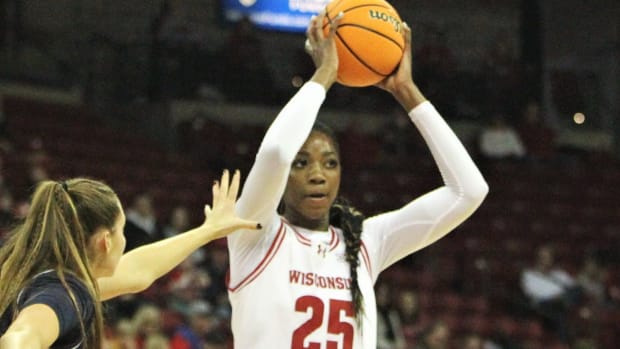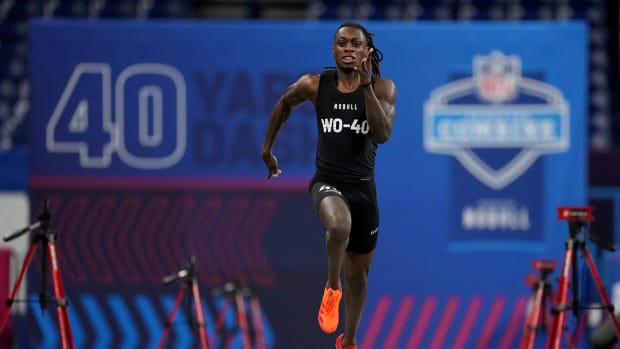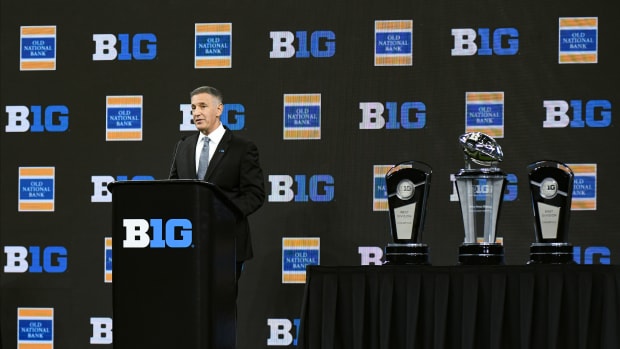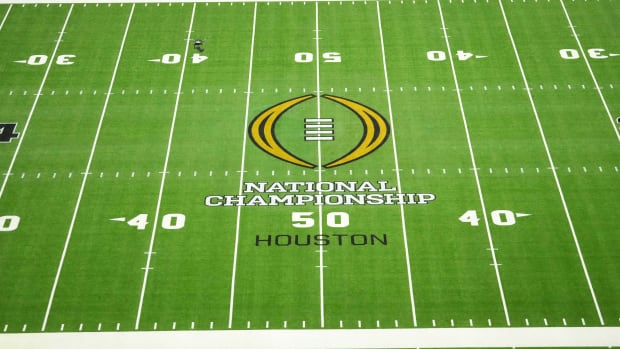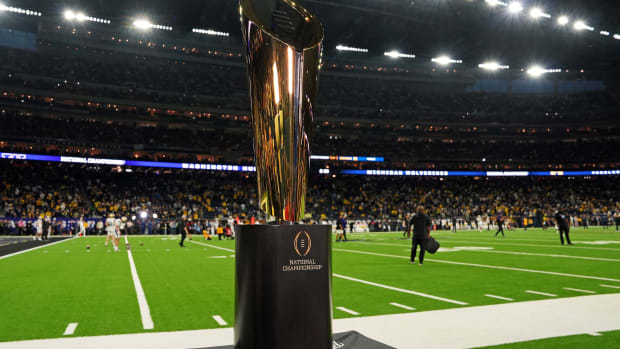NCAA Prepared to Move Forward on Name, Image and Likeless Legislation by 2021
WEST LAFAYETTE, Ind. — The name, image and likeness debate for college athletes is starting to become more of a reality. It's still more than a full year away from putting money into the hands of athletes, but progress is being made.
Beginning with the 2021-22 academic year, big changes could be happening for student-athletes in terms of new "name, image and likeness" (NIL) guidelines.
The legislation would primarily affect football and basketball players, but high-profile athletes in Olympic sports could benefit immediately as well. For instance, Purdue had eight athletes compete in the 2016 Olympics in Rio de Janeiro, including three-time Olympic diver David Boudia.
On Wednesday morning, the NCAA released a statement, announcing that its "Board of Governors supported rule changes to allow student-athletes to receive compensation for third-party endorsements both related to and separate from athletics." In the opening paragraph, it also said it "supports compensation for other student-athlete opportunities, such as social media, businesses they have started and personal appearances within the guiding principles originally outlined by the board in October."
The statement also notes the suggested guidelines by the Board of Governors will advance to each of the NCAA's three divisions "for further consideration." The timelines would be for each division to "adopt new name, image and likeness rules by January" 2021. Then those would begin to be enforced at the commencement of the 2021-22 academic year.
Here's more from the NCAA statement:
"While student-athletes would be permitted to identify themselves by sport and school, the use of conference and school logos, trademarks or other involvement would not be allowed. The board emphasized that at no point should a university or college pay student-athletes for name, image and likeness activities.
"The board directed all three divisions to consider appropriate rules changes based on recommendations from its Federal and State Legislation Working Group.
“Throughout our efforts to enhance support for college athletes, the NCAA has relied upon considerable feedback from and the engagement of our members, including numerous student-athletes, from all three divisions,” said Michael V. Drake, chair of the board and president of Ohio State. “Allowing promotions and third-party endorsements is uncharted territory.”
There is still a lot to be figured out, of course, but it's encouraging — especially for athletes — that having an opportunity for high-profile college athletes to profit off their name, image and likeness is getting close.
It's also a huge deal that the NCAA is no longer digging their feet — or heads — in the sand on the issue anymore. They are pressing forward, too, which is a big deal. Several states have pending legislation, too, most notably California and Florida, that forced that summer of 2021 timeline.
"The difficulty of it doesn’t mean we can’t try,” said Big East commissioner Val Ackerman, a co-chair of the NIL working group. That was the money quote Wednesday. That has to be the guiding NCAA principle while pushing this forward.
Ackerman, co-chair Gene Smith (athletic director at Ohio State), NCAA president Mark Emmert and Ohio State president Michael Drake acknowledged—over and over—that there are a lot of details to work out and a lot of those details will be tricky.
The NCAA could allow athletes to accept endorsement money from boosters, as long as it's not used by boosters to try to recruit players for their schools. An idea proposed at previous meetings included the NCAA creating a regulatory board to "determine the fair value" of deals and make sure athletes stay within the appropriate bounds. If athletes report their endorsement earnings, the board would reportedly flag excessive deals as a violation. NCAA president Mark Emmert said in January that he didn't know if the league or a third party would regulate the market.
The battle for student athletes to benefit from NIL has been waging for many years. The NCAA was forced to act more recently due to pressure at the state levels. In September 2019, California Gov. Gavin Newsom signed the Fair Pay to Play Act into law. The Act, which doesn't go into effect until 2023, makes it illegal for California colleges to deny student athletes opportunities to gain compensation for the use of NIL.
Multiple states have proposed similar bills since, and a bill in Florida could go into effect in July 2021 if signed by the governor. The NCAA has even gone to Congress about creating national guidelines for NIL rather than having various laws in different states.
